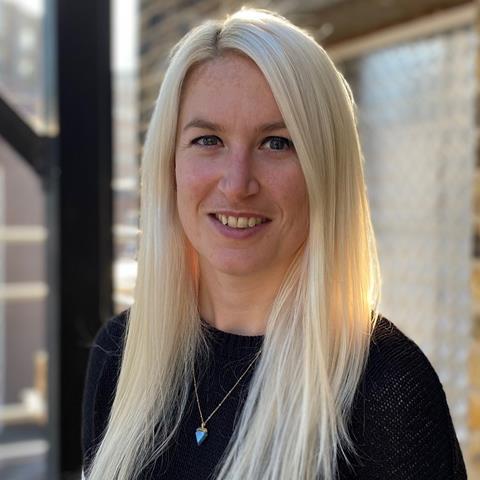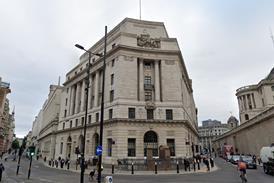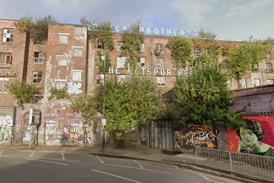If we want to attract a more diverse workforce into the industry, then we have to make sure everyone is included, writes Anna Beckett

Inclusivity is quite an interesting word. I think most of us would be reasonably confident that we know what inclusivity means - it’s about making sure everyone’s voice is heard; making sure that everyone is included. And while that’s true, it doesn’t necessarily mean we should treat everyone the same. The dictionary definition describes inclusivity as “the practice or policy of providing equal access to opportunities and resources for people who might otherwise be excluded or marginalised”. There’s a subtle but important difference.
The construction industry is notorious for its lack of diversity; figures from 2023 suggest that women make up just under 16% of the workforce with BAME employees even more poorly represented at only 6%. Whilst these statistics have improved steadily in recent years it’s clear that there’s a long way to go. But a lack of diversity doesn’t have to equate to a lack of inclusivity.
As an industry we’re certainly talking about inclusivity more; it’s clearly something that we all think is important. But are we just talking about it more or are we actually making the changes that are needed? A diverse range of opinions can only be a good thing, so how do we make sure everyone’s voice is heard?
The starting point has to be acknowledging that no matter how hard we try we all exhibit unconscious bias in some form and that things that we interact with on a daily basis probably aren’t helping. Dating apps, reality TV and social media are all designed in a way that pushes us to make a quick decision based on a very small amount of information and so our unconscious bias gets the opportunity to dance all over our decision making. But if we can recognise those behaviours and be honest about times when we might have judged someone unfairly then we can make sure we act differently the next time.
The other crucial but slightly more difficult feat is calling out behaviour that isn’t inclusive. It’s all too easy to brush things off as “just the way things are done” or “not the way it was intended” but perhaps the person hasn’t even realised what they’re doing. As a more junior engineer I received hundreds of emails addressed to “gents” or “chaps” which I always noticed but never commented on. It’s just a small thing… but it’s not inclusive.
Of course, it’s difficult to stand up when you’re the person feeling excluded. Inclusivity is everyone’s problem and it’s just as important to advocate for those around you. I have often found that a comment, idea or suggestion that I’ve made in a meeting has later been attributed to a male colleague. It’s such a small thing that it feels almost petty to call it out, but it certainly makes you feel excluded. But if that colleague is willing to say “actually that wasn’t my idea” it can make a huge difference.
None of us want to admit that our behaviour might have excluded someone but it’s something we’ve all done at some point. I know I have, and I’m sure if you’re honest with yourself you have too. If we want to attract a more diverse workforce into the industry, then we have to make sure everyone is included. We need to ask for everyone’s opinion and really listen to their answer. You might be surprised by what you hear…
Postscript
Anna Beckett is an associate at Buro Happold
















2 Readers' comments